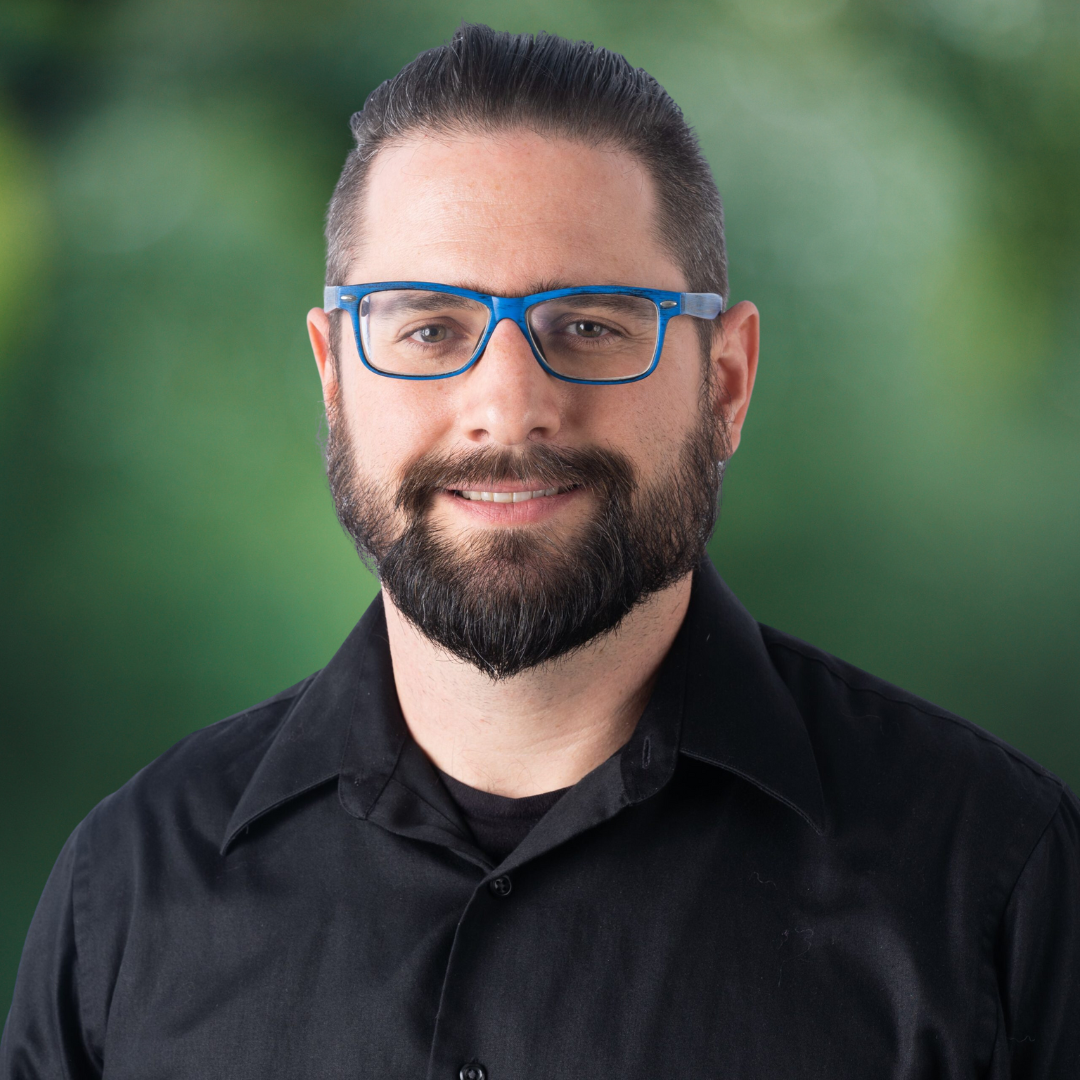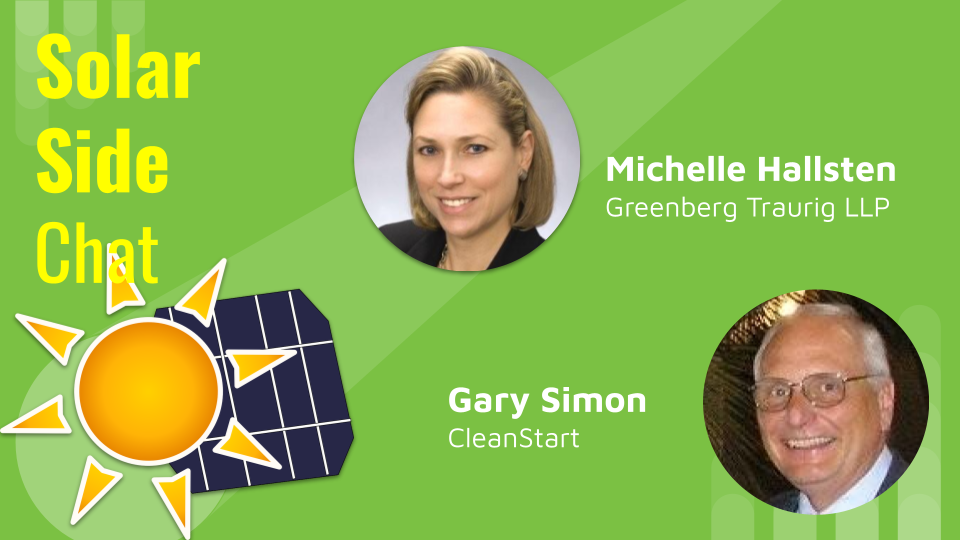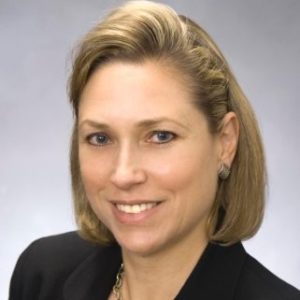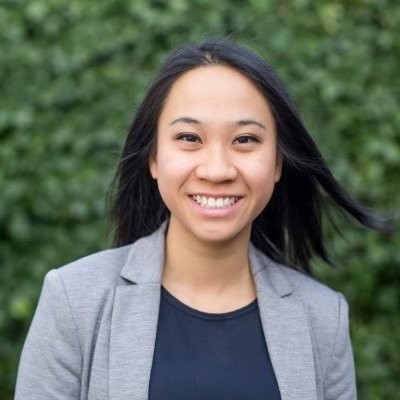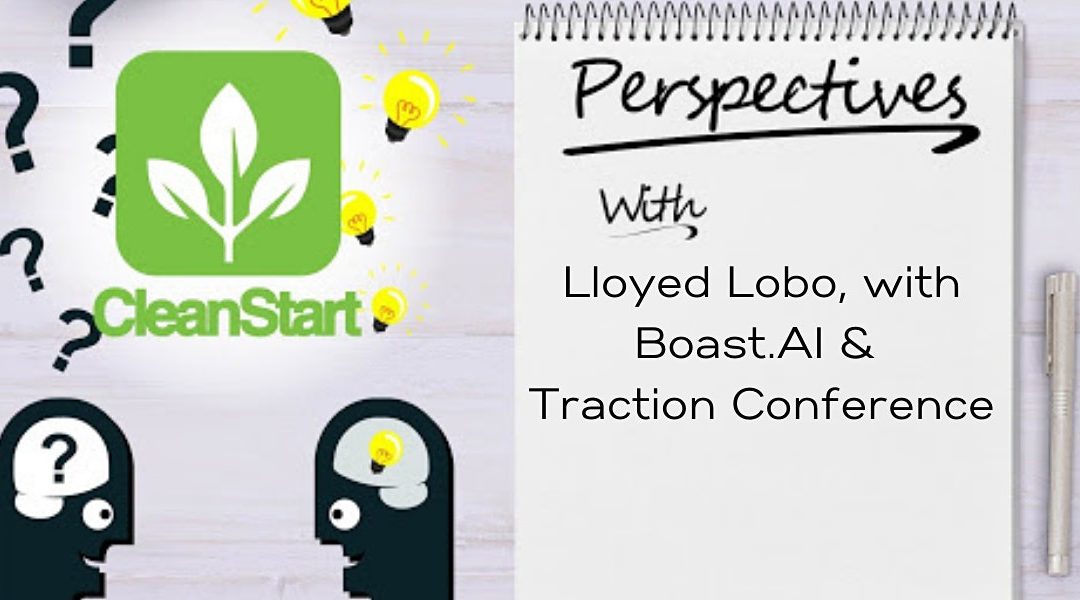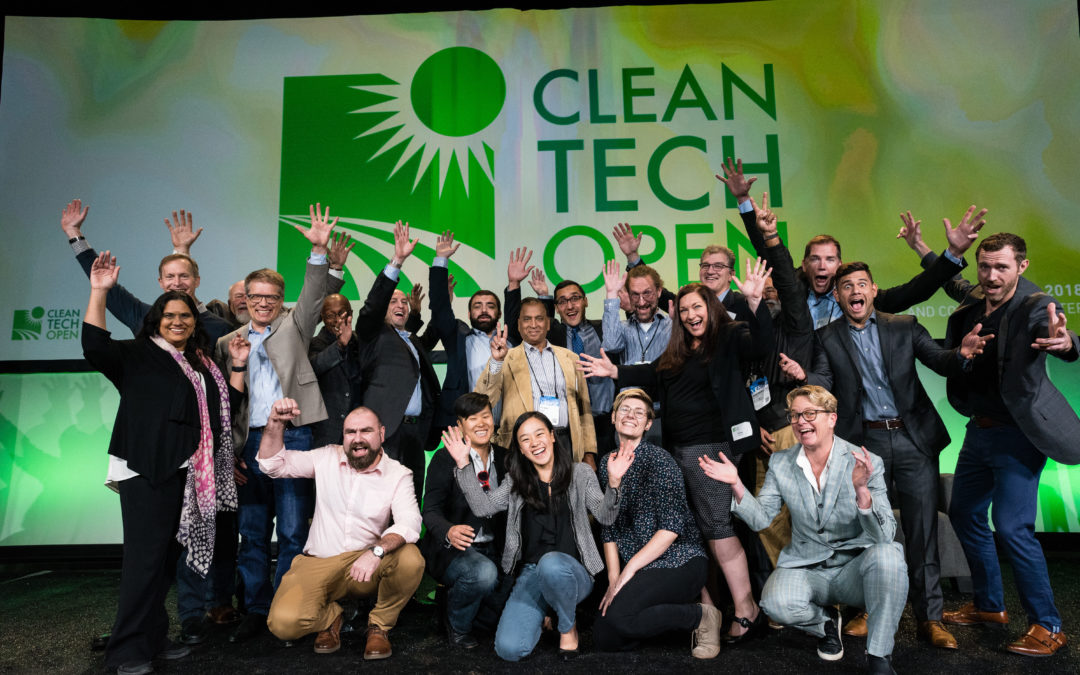
Five Regional Companies Enter CTO
Five Sacramento Region companies have been accepted into the Clean Tech Open 2021 Cohort, a new high. Since its founding in 2005, the Clean Tech Open has been a significant resource for startups looking to upgrade their business skills and give them exposure to a bench of experts, mentors, and investors. Taking part in the CTO program more than doubles the chances of success for a startup. Ken Hayes, the National CEO for the Clean Tech Open, shared the benefits in our March 4 Perspectives discussion.
The CTO has educated over 1600 startups that have raised a combined total of $1.2 billion in investment. We hope regional startups from this cohort will be part of that success.
EasyEV – EasyEV allows EV customers to buy their EVs without paying for the batteries, essentially lowering the upfront cost by up to 30%. The EV user then pays back the cost of the battery on a per-mile basis in the range of $0.10 – $0.15 per mile only when they drive. After the battery life in their EV is over, we buy the used battery from them, replace it with a new battery while starting a new per-mile subscription with us, and sell it to companies using second-life batteries in storage applications.
EV Life – Empowers drivers to overcome the upfront cost and complication of buying an electric car by building an EV buying platform that brings together everything a driver needs to find and finance an EV.
Gridware – Provides a hardware enabled grid monitoring system that detects and predicts faults before they can lead to catastrophic failures. The platform detects and predicts faults that ignite wildfires, expedites repairs during a power outage, and helps utilities demonstrate risk reduction to regulators through comprehensive asset health profiles.
Ogive Technology, Inc.- Developing a highly controllable, targeted spray nozzle that allows farmers to spray specific weeds and plants, reducing agricultural chemical use by 90%. Farmers save money and the adverse environmental effects of chemical use are reduced.
Waterhound Futures, Inc. – (Featured here) Waterhound’s cloud-based software models environmental, operational, and costing data from wastewater treatment plants. The software models the chemistry, physics and biology of each input stream and treatment process to create a digital replica and Water Quality Profile after each treatment step.



